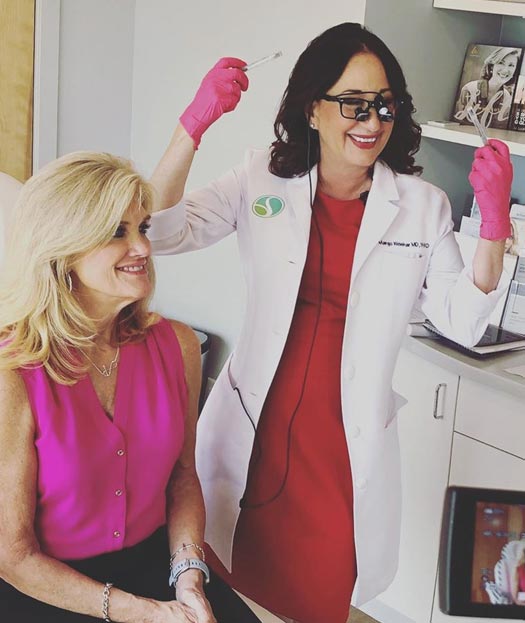Antifungal
Fungal infections such as ringworm and candida are treated by oral (ex: fluconazole) or topical (ex: clotrimazole) antifungal medication which takes a few days to work and eventually kills the fungus and stops it from spreading.
Antiviral
Most viral infections such as chickenpox pass without intervention and the rashes follow. More severe viruses such as herpes need intervention in order to minimize the symptoms it causes. Examples of oral antiviral medication include Zovirax, Valtrex, and Cytovene.
Antibiotic
The most common bacterial rash issues are caused by staphylococcus or streptococcus. Both are treated with oral antibiotics which kill the bacteria and end the rash. Staph infections are usually treated with dicloxacillin and cephalosporin antibiotics. Strep infections are usually treated with penicillin or erythromycin.
Steroids
Non-infectious rashes are commonly treated with oral or topical steroids. There are many versions that are prescribed based on the cause of the rash.





